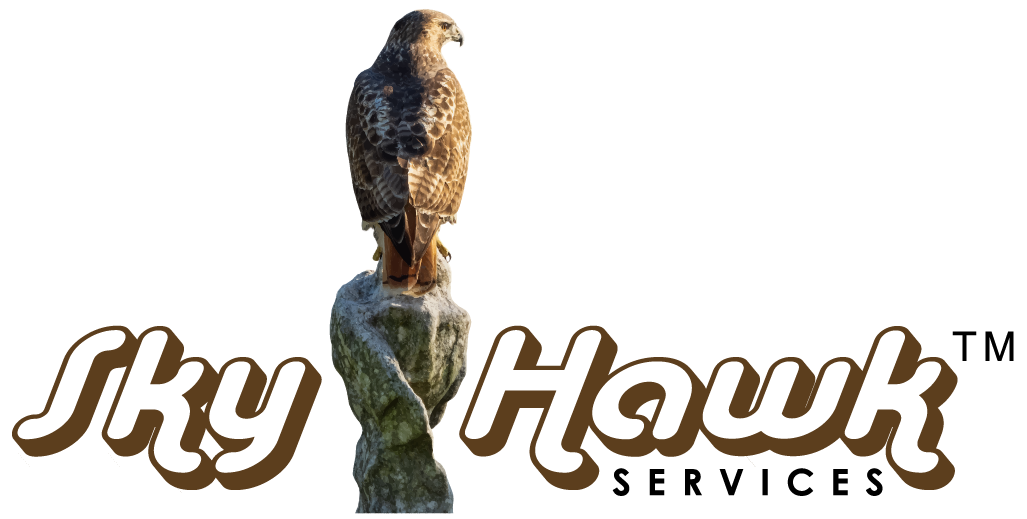Protecting the Skies: Consequences of Interfering with Drone Flights
Understanding the Legal Ramifications of Obstructing Drone Pilots
As drones become increasingly prevalent in our airspace, it is crucial to recognize the importance of ensuring their safe operation. Interfering with a drone in flight, obstructing a pilot, or causing damage to the aircraft is not only a breach of aviation regulations but also a federal crime. We aim to shed light on the legal implications of interfering with drone flights and highlight the seriousness with which such actions are treated by law enforcement.
The United States government has implemented a comprehensive set of laws and regulations to protect the safety and integrity of the national airspace. Under the Federal Aviation Administration Modernization and Reform Act of 2012, it is explicitly stated that interfering with a drone in flight is a federal offense. This means that obstructing a drone pilot or causing damage to the aircraft can lead to severe legal consequences.
Interfering with a drone in flight is considered a violation of federal law, akin to interfering with the operation of an aircraft carrying human passengers. Just as tampering with or obstructing a manned aircraft is treated as a federal crime, the same legal principles apply to drones. Intentional actions that jeopardize the safety of drone operations or impede the pilot’s ability to control the aircraft are met with serious legal repercussions.
Causing damage to a drone, whether intentionally or through reckless actions, can result in legal liability. Similar to damaging any other person’s property, intentionally destroying or vandalizing a drone in flight can lead to charges of property damage. Drone operators invest significant resources in their equipment, and damaging their property can result in criminal charges and civil lawsuits.
Interfering with a drone in flight or obstructing a pilot can have severe consequences. Individuals found guilty of such offenses may face criminal charges, including fines and imprisonment. These penalties are not only intended to deter potential offenders but also to protect the integrity of the national airspace system and ensure the safety of drone operators and the public.
Law enforcement agencies and aviation authorities maintain a heightened level of security awareness concerning drone operations. Reports of unauthorized drone activities or interference with flights are taken seriously, prompting swift responses and investigations. As the drone industry continues to grow, law enforcement agencies are actively adapting their techniques and strategies to address emerging challenges effectively.
The legal ramifications of interfering with drone flights serve as a crucial deterrent to irresponsible actions. It is essential for the public to understand that drones, like any other aircraft, are subject to federal regulations and protected by the law. By recognizing the importance of safe and responsible drone operations, we can collectively foster a culture of respect for the integrity of our airspace.
